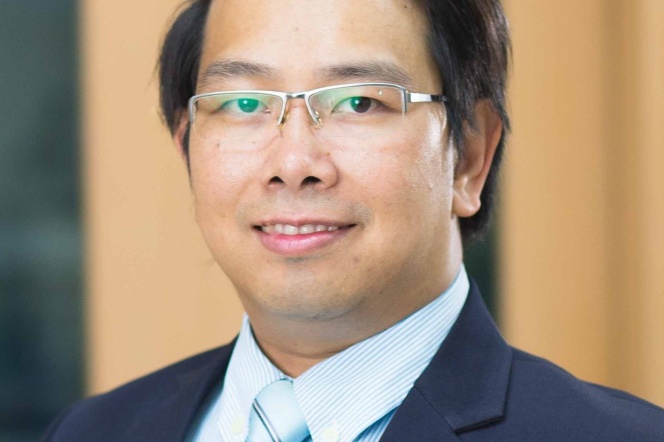Data dodania: 2022-06-15
Wykład IEEE AP-S: prof. Suramate Chalermwisutkul

Link do spotkania
Dodatkowe szczegóły dostępne są w załączniku oraz pod adresem: https://events.vtools.ieee.org/m/316298
Abstract
Antenna and propagation, electromagnetic field theory and microwave engineering are important research areas for development of modern telecommunication infrastructure on the one hand. On the other hand, expertise in these fields are also crucial for innovative solutions of future smart cities. Electromagnetic sensors can be designed for industrial, environmental and medical applications to collect real‐world data that can be processed and evaluated by artificial intelligence whereas compact and smart antennas are in great demand for IoT devices and smart vehicles. Another challenge is the energy supply for wireless sensor network nodes. Radio frequency energy harvesting and wireless power transfer are promising technologies that can provide energy for IoT devices with minimal maintainance requirement.
In this webinar, research examples in the areas of antenna, microwave and electromagnetic sensors for smart cities will be presented. In contrast to the research for wireless communication infrastructure with standardized system specifications, technologies for smart cities require more consideration regarding specific needs of local people and industries. These tailor‐made solutions require in‐depth knowledge in antenna, circuit and electromagnetic field theory to fulfil unique system requirements of smart cities in different global regions.
-
2026-01-07
Zaproszenie na wykład zdalny
-
2025-12-09
Odeszła mgr inż. Ligia Schleifer-Wroczyńska
-
2025-05-19
Nagorda za najlepsze wystąpienie



